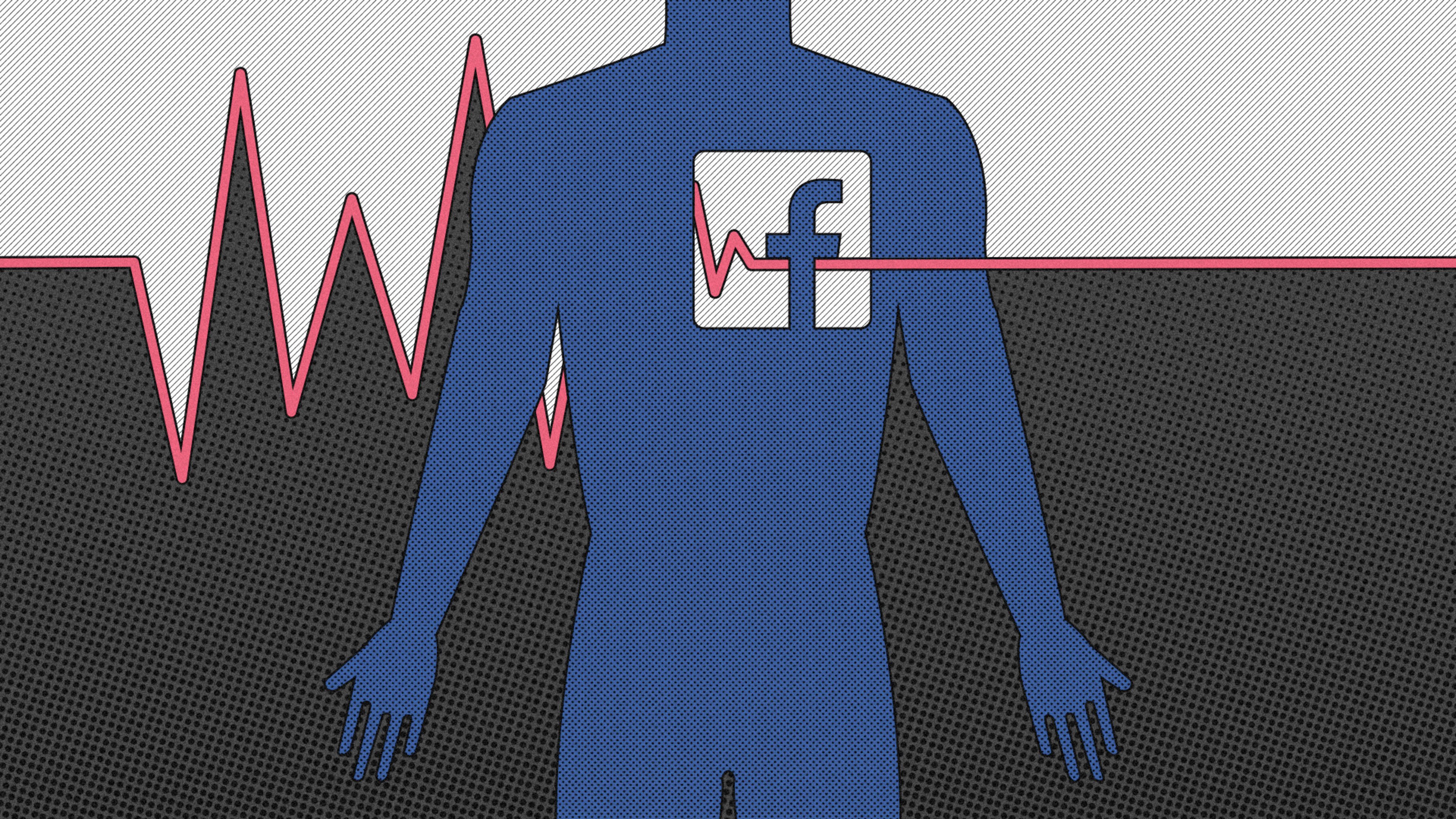Facebook can have a serious impact on mental health: Studies show that spending time on the social network, which encourages endless scrolling and endless comparison to other people, can make people feel lonely and depressed, lowering self-esteem and increasing social anxiety.
But the website’s harm can go even further than your psychological well-being. A new study from researchers at the University of Surrey, published in the open-access journal Heliyon, found that people who compare themselves to others on Facebook tend to perceive that their physical health–like the amount of sleep they get and their weight change tendencies–is worse off than that of their friends. While it’s a small study, and much more data is needed, the work is part of a growing body of research about the way social networks influence how we perceive ourselves.
To test this, Bridget Dibb, senior lecturer in health psychology at the University of Surrey, surveyed 165 Facebook users about their usage of the social network as well as their experience of 39 different physical health symptoms, like fatigue, weight change, and muscle tension, over the previous two weeks. Using a hierarchical regression model, Dibb found that people reported worse physical health when they had low life satisfaction, anxiety, and depression. The results also show that people who spend more time on Facebook are more likely to report physical symptoms. Finally, people who compare themselves to those who seem to be better off than them, but view this discrepancy in a positive, inspirational way, also felt worse physically. Of all the variations of social comparison tested for in the study, participants tended to agree with this type–called “positive upward comparison”–the most.
This relationship isn’t necessarily causal–people who are in poor health might tend to view other people on Facebook as better-off than they are, which could be fueling the result.
“A longitudinal study would best show the true relationships and the direction of causality; does social comparison lead to perceptions of ill health or are those who experience worse health more likely to engage in positive upward comparison?” Dibb writes. “The answer to this question is important in order to determine the long-term negative effects of comparing via social media.”
It’s clear that more work is needed to understand exactly how Facebook and social networks in general are impacting people’s health over longer periods of time. This research suggests that the social network might not just make people psychologically feel worse, but perceive themselves to feel physically feel worse, as well.
Recognize your brand’s excellence by applying to this year’s Brands That Matter Awards before the early-rate deadline, May 3.
